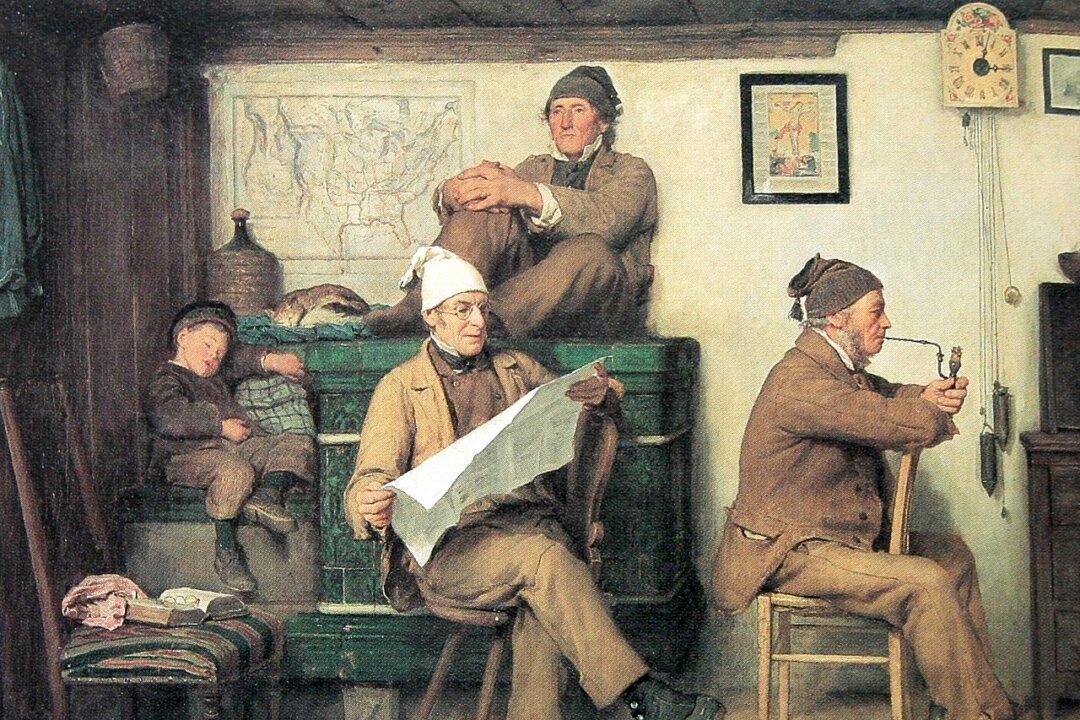In Mark Twain’s day, a newspaper writer constructed news stories to present to the public. Whether full of the plain truth or obvious falsehoods, Twain suggested that we read the newspaper with discernment and, above all, humor.
In his very funny short story, “Journalism in Tennessee,” Mark Twain conveys the power and comedy of the press by recounting his short visit to Tennessee. Twain shows that, for all the power which the press holds, what it turns out should be read with a tongue-in-cheek attitude.






